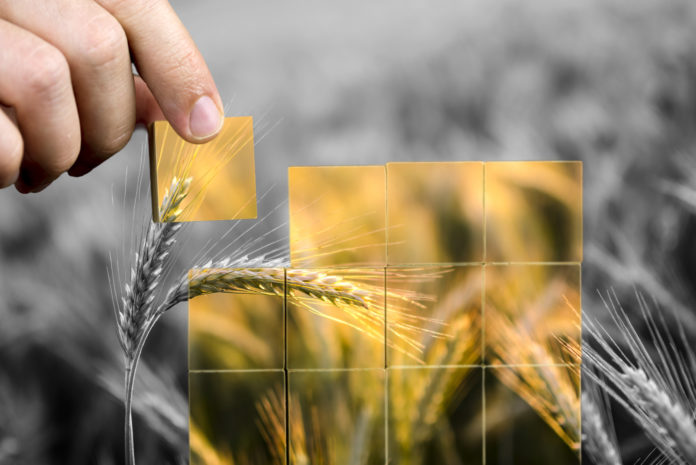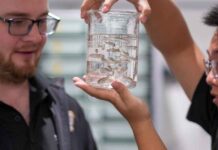By Evan Fraser
With the world’s population set to reach between nine and 10 billion later this century, the challenge of global food security has never been greater. Fortunately, the potential of our technology has also never been so great. Thanks to advances in robotics, low-cost sensors, artificial intelligence, machine learning and big data analytics, we have the potential to produce more than enough food while reducing agriculture’s burden on the environment.
Feeding the future, however, will require a collaborative effort from all corners of society. First, we need major industrial players, such as IBM and universities like the University of Guelph, to team up and develop the technological infrastructure to drive a new wave of innovation. Next, we need civil society, which includes NGOs, to work with scientists and ensure technologies are appropriate and acceptable to the public. Finally, government needs to strategically invest in this area and create policy framework to drive innovation.
These components have all come together through the University of Guelph’s “Food from Thought” initiative, which is a $76.6 million federal investment that brings together a diverse range of partners, including IBM and other industry players, government, and other academic institutions. The goal of Food from Thought is to catalyze a new agricultural revolution by bringing the power of big data analytics to food and agricultural systems.
Food from Thought will work at three distinct scales. At a global scale, Food from Thought will develop an analytic infrastructure to understand better agriculture’s impact on the environment, with a special focus on protecting global biodiversity. At the farm scale, Food from Thought will work with producer groups to ensure Canadian farmers have access to the technologies they need to produce the maximum amount of food with the fewest possible inputs. The goal is to produce more food on less land while maintaining the highest qualities of ecosystem health and animal welfare. The third scale is to work at the level of the micro-biome to reduce the burden of food borne ailments, the threat of zoonotic diseases, and problems pertaining to animal health.
By bringing together universities, industry, civil society and government to develop the technologies needed to sustainably feeding the world’s future population, Food from Thought will help catalyze a new industrial revolution focused on food and agricultural systems. Our consumers benefit, industry benefits, and, through initiatives such as this, Canada will become a global food superpower, helping to address the needs of the 21st-century by supplying safe, sustainable and nutritious food.
















